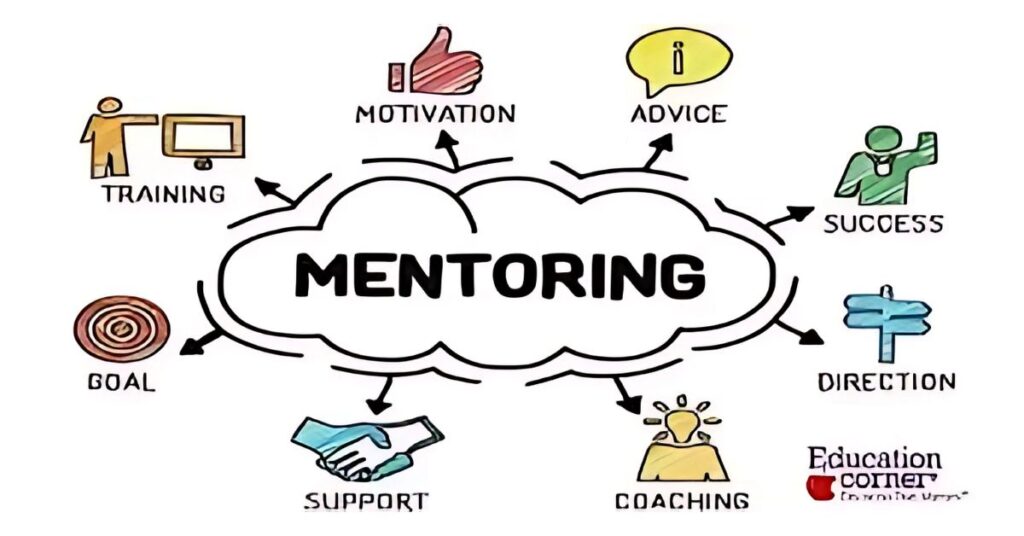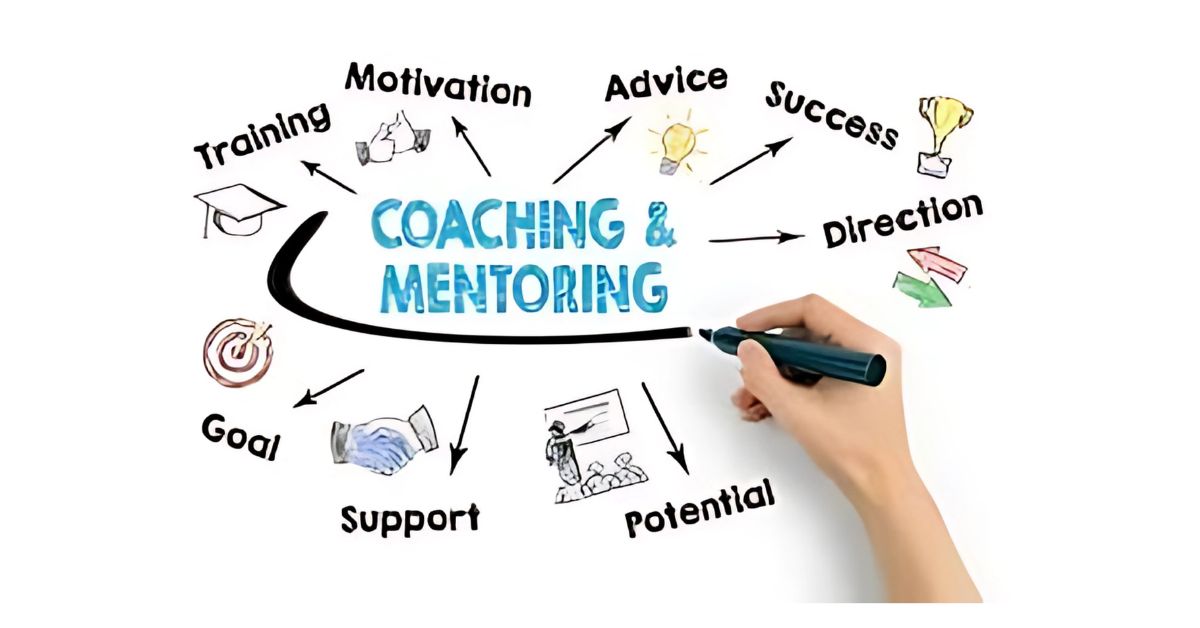In the dynamic landscape of professional development, the role of a mentor stands as a beacon of guidance and support for individuals striving to enhance their careers and hard skills. Mentors play a pivotal role in nurturing the growth of employees, offering invaluable insights, encouragement, and expertise to help them navigate their career paths and cultivate essential skills for success. In this article, we delve into the multifaceted role of a mentor and explore how their guidance contributes to the development of both career and hard skills among employees.
Table of Contents
Table of Contents
Understanding the Mentor’s Role
At its core, mentoring involves a symbiotic relationship between a seasoned professional (the mentor) and a less experienced individual (the mentee), with the aim of fostering the mentee’s personal and professional growth. Mentors serve as trusted advisors, providing guidance, feedback, and encouragement to help mentees overcome challenges, capitalise on opportunities, and achieve their goals. In the context of career and hard skills development, mentors play a crucial role in imparting knowledge, sharing experiences, and facilitating learning opportunities that enable mentees to enhance their skill sets and advance their careers.
Cultivating Career Skills
Career skills, also known as soft skills or professional skills, encompass a broad range of competencies that are essential for success in the workplace. These skills include communication, teamwork, leadership, problem-solving, adaptability, and time management, among others. A mentor plays a vital role in cultivating these skills by providing guidance and support tailored to the specific needs and goals of the mentee.
Through regular interactions, mentorship sessions, and hands-on experiences, mentors help mentees develop effective communication skills, refine their interpersonal abilities, and hone their leadership capabilities. By sharing their own experiences, offering constructive feedback, and providing real-world examples, mentors empower mentees to navigate complex workplace dynamics, build meaningful relationships, and thrive in their professional roles.
Fostering Hard Skills Development
In addition to career skills, mentors also play a crucial role in fostering the development of hard skills, which are specific technical or job-related competencies required for success in a particular field or industry. These skills may include proficiency in programming languages, data analysis, project management, digital marketing, financial modelling, and other specialized areas.
Mentors leverage their expertise and industry knowledge to guide mentees in acquiring and refining these hard skills, whether through on-the-job training, skill-building workshops, online courses, or other learning opportunities. By offering personalized guidance, recommending relevant resources, and providing hands-on support, mentors help mentees bridge skill gaps, stay abreast of industry trends, and enhance their professional competencies.
Providing Personalized Guidance
One of the greatest strengths of mentorship lies in its personalized approach to development. Unlike formal training programs or generic workshops, mentorship offers tailored guidance and support that is tailored to the unique needs, goals, and aspirations of each mentee. Mentors take the time to understand the individual strengths, weaknesses, and learning preferences of their mentees, allowing them to provide targeted feedback, advice, and resources that align with their specific development objectives.
Whether through one-on-one coaching sessions, informal discussions, or collaborative projects, mentors create a supportive environment where mentees feel empowered to explore their interests, tackle challenges, and take ownership of their professional growth. This personalized approach not only enhances the effectiveness of skill development but also fosters a sense of trust, rapport, and mutual respect between mentors and mentees.
Fostering a Culture of Continuous Learning
Beyond individual skill development, mentors also play a crucial role in fostering a culture of continuous learning within organizations. By serving as role models of lifelong learning and professional growth, mentors inspire mentees to embrace learning as a cornerstone of their career journey. Mentors encourage mentees to seek out new opportunities for skill development, explore emerging technologies and trends, and pursue continuous improvement in their professional endeavours.

Through mentorship programmes, workshops, and knowledge-sharing initiatives, organizations can create environments that prioritize learning, collaboration, and innovation. By investing in mentorship and skill development initiatives, organizations not only empower their employees to reach their full potential but also position themselves as leaders in their respective industries.
Empowering Growth Through Mentorship
In today’s fast-paced and competitive business landscape, the role of a mentor in developing career and hard skills cannot be overstated. Mentors serve as trusted guides, advocates, and champions of growth, offering invaluable support and guidance to help mentees navigate their career paths and cultivate essential skills for success. By providing personalized guidance, fostering a culture of continuous learning, and serving as role models of professional excellence, mentors play a vital role in shaping the future leaders and innovators of tomorrow. As organizations continue to recognize the importance of mentorship in talent development, they can harness the power of mentorship to empower their employees, foster innovation, and drive sustainable growth in the ever-evolving world of work.

